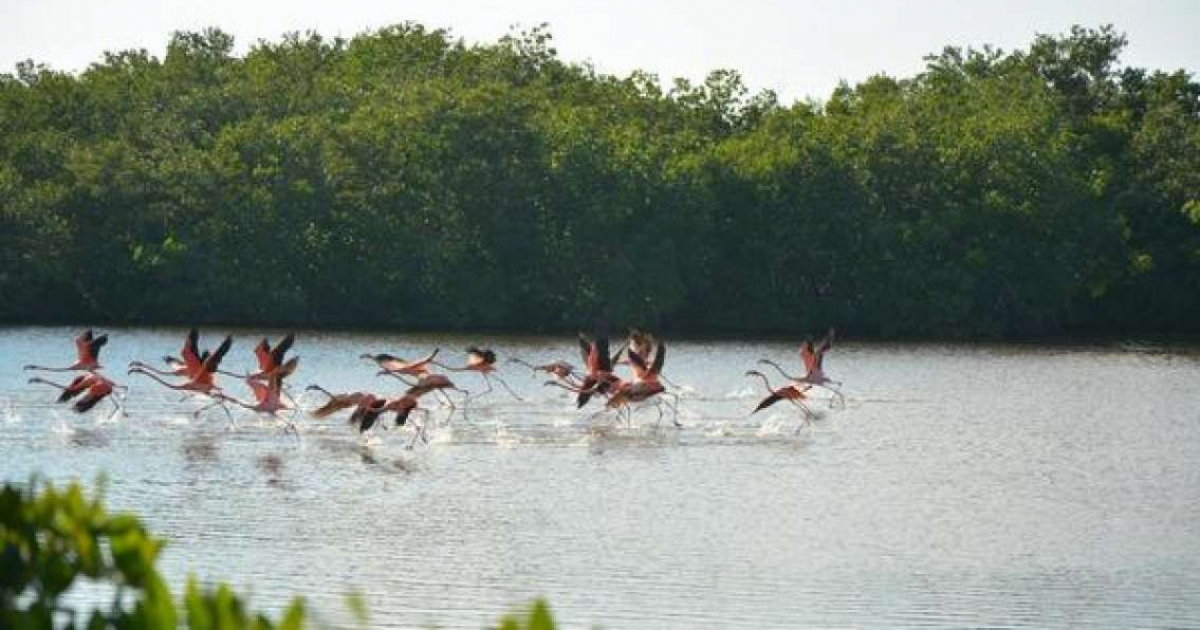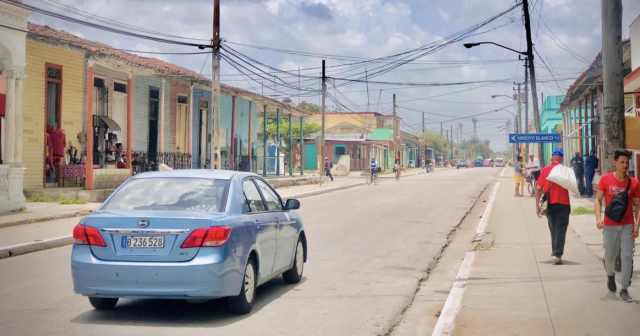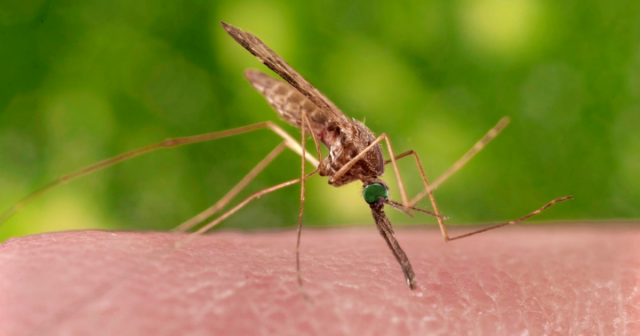
Given the risk of avian flu in Cuba, environmental authorities maintain surveillance in Salinas de Brito, a natural area of great biodiversity that constitutes an important migratory corridor for birds.
Located in the Zapata Swamp, about 2,000 kilometers long, the site offers refuge to different species of migratory birds that come from the north fleeing the cold and remain in the place for several months.
Pablo Bouza Rodríguez, director of the Company for the Conservation of the Ciénaga, declared to theCuban News Agency that workers received training on avian flu and collaborate with the Institute of Veterinary Medicine to detect any case.
"As sentinels we use two groups of so-called semi-rustic chickens, introduced in Salinas de Brito and the town of Playa Larga to be in contact with the wild birdlife, and we perform blood tests on them every month," he explained.
Rodríguez pointed out that in any scenario, the veterinary medicine command post in the region would be activated to implement a disease containment plan.
Ecotourism guides, veterinarians and conservationists remain alert after last February the National Center for Animal Health (CENASA) confirmed thepresence of avian influenza in wild birds in the Havana Zoological Park.
The expert recalled that in the Matanzas salt flats there are birds of about 150 species, some with very large concentrations such as white and gray pelicans and flamingos.
"All visits to this site are guided (...), this is essential to ensure the well-being of the flora and fauna, and maintain the conception of ecotourism as a by-product of conservation," he stressed.
The Cuban regime assured at the beginning of the month thatAn outbreak of bird flu detected in the Zoo is under control, where quarantine measures were established to prevent its spread in backyard birds and commercial farms.
CENASA assured that when the first cases were confirmed at the facility, "strict security controls" were applied to prevent contagion from animals to humans.
In provinces such as Guantánamo,measures to prevent the penetration of avian influenza, and state and private breeders were asked to immediately report any death of farmed or wild birds to the official veterinary service.
Besides,In Las Tunas, anti-bird nets were placed in the units of Agriculture, it was ordered to monitor the poultry mass, as well as monitor and control the migratory birds that pass through the territory through examinations of the sentinel birds that are located in rivers and dams where the flocks stop to drink water.
What do you think?
COMMENTFiled in:






